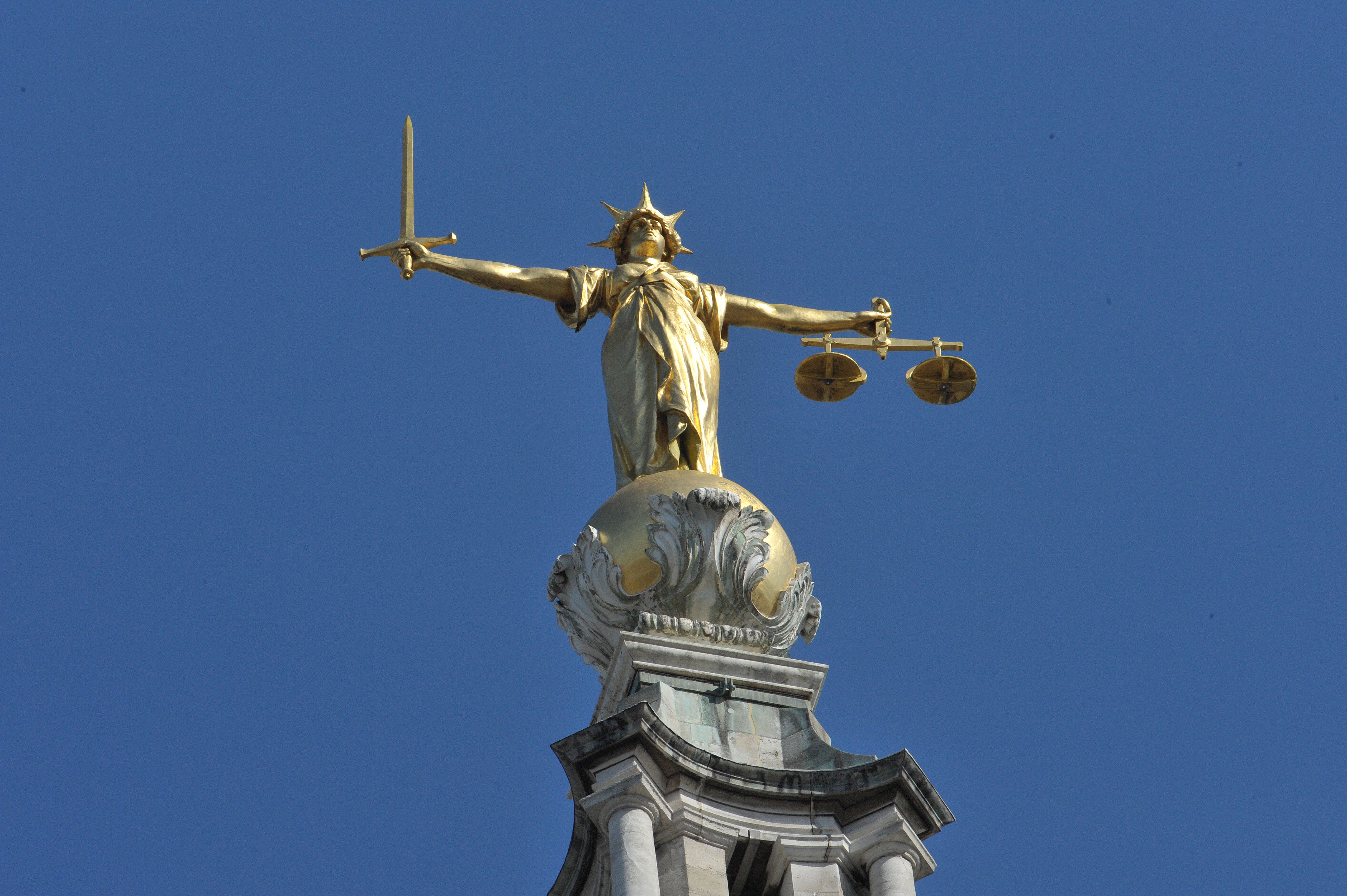Prosecutors given new guidance to prevent ‘myths’ from stopping domestic abuse charges
Draft guidance says there is ‘no typical victim’

Prosecutors are to be given new guidance on domestic abuse cases that aims to tackle “myths and stereotypes” that can stop perpetrators being charged.
The proposed changes, which are being put out to public consultation, make clear that the Crown Prosecution Service (CPS) should focus on the offender’s actions and previous behaviour rather than the victim’s credibility.
“There is no typical victim of domestic abuse,” says the draft guidance.
“People of all ages, appearance, status, characteristics and backgrounds can be victims. Prosecutors should challenge any assertion that typifies who perpetrates domestic abuse and who is subjected to abuse.”
The document lists a series of false perceptions that must be rejected, including beliefs that domestic abuse has to be physical rather than emotional, is a “private matter”, or can be excused by alcohol or drug consumption.
It also urges prosecutors to interrogate suggestions that police complaints are false or “malicious”, or that perpetrators’ religious and cultural beliefs can justify their actions.
The guidance cautions against arguments that victims should be disbelieved because they did not report abuse earlier, or because they have not left their partner, and gives information on the impact of emotional abuse, isolation and control.
Kate Brown, the CPS lead for domestic abuse, said: “Many people seem to have a fixed idea about what a domestic abuse victim looks like and what their circumstances are. They are wrong. This is a crime which affects both men and women from every walk of life.
“But these damaging misconceptions can have a real impact on a case, with some victims withdrawing from the process altogether. It is vital our prosecutors have all the tools to ensure every single stereotype is rightly and fairly challenged.
“Understanding both the defendant’s behaviour and the devastating effect it can have will help our prosecutors build stronger cases and offer better support to victims.”
The guidance also contains a significant change, which is that any child who witnesses domestic abuse, such as violence perpetrated by one of their parents against the other, is also legally classified as a victim.
It comes after the proportion of rapes and sex crimes recorded by police, which include crimes committed in the context of domestic abuse, fell to a record low.
The most recent CPS figures show that the time taken to make charging decisions and get to court has increased year on year, while the number of suspects prosecuted has fallen by 18 per cent.
The CPS said it wants to “secure justice in every possible domestic abuse case” and that it is working to increase the volume of prosecutions.
Ms Brown said: “Domestic abuse in its many forms is a distressing, dangerous and heinous crime. Our prosecutors are determined to get justice for more victims.
“Our policy statement sets out the clear actions we are taking to increase the number of prosecutions and convictions, including setting out the ways we work with police and exploring how we can make sure victims across England and Wales are receiving consistent treatment.”
The 12-week consultation begins on Monday and will end on 26 June.



